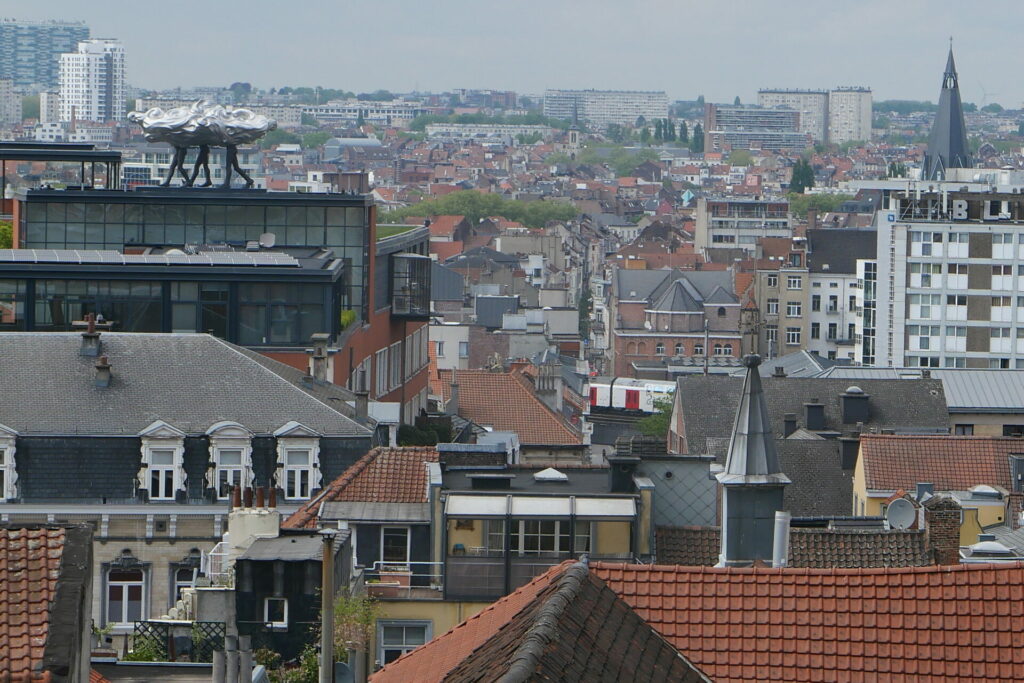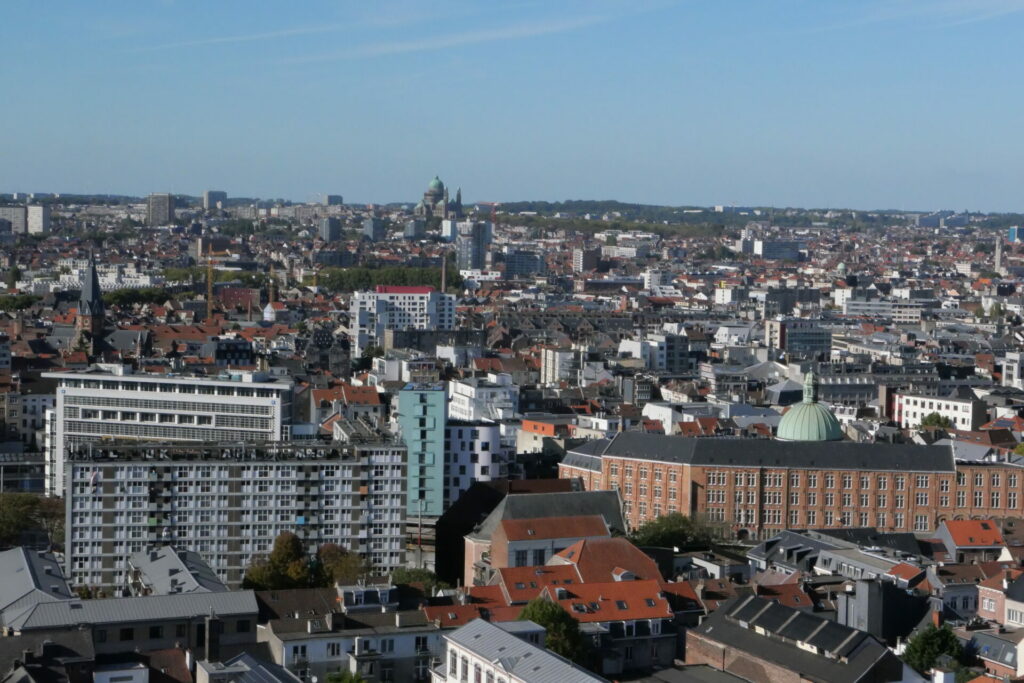Accommodation platform Airbnb unveiled several updates to its website and app on Tuesday and gave insight into Airbnb’s progress in Belgium amidst legislative shifts around holiday rentals, specifically in Brussels.
In October, the Brussels government proposed tighter regulations on holiday rentals. These will entail more stringent procedures for hosts in the city, requiring them to obtain rental certification and a registration number for holiday rental properties.
The move has been criticised by Airbnb and Short Term Rental Belgium (an organisation representing short-term rental hosts) as an administrative burden" imposed on hosts. Addressing the argument directly, Airbnb's director of Middle East and Africa Emmanuel Marill stated that "earning money will become difficult". He revealed that on average, Airbnb hosts in Belgium make €4,500 a year.
However, it's not only Belgium that is changing its attitude towards the international rental giant. Elsewhere in Europe there have been efforts to regulate the platform both to protect users, guard against inflation of the local housing market, and ensure that revenues are being taxed correctly.
Cities such as London have imposed limits on the number of nights a host can rent a room each year (90 for the British capital). Amsterdam has even tighter restrictions, allowing just 30 nights rental per year. In Paris the limit is 120 nights – the same as in Brussels. This is problematic as research by KU Leuven has found the average yearly number of rented nights for properties in the Belgian capital is 150.
A real threat or scaremongering?
Whilst Airbnb maintains that the benefit to the local economy outweighs concerns about housing inflation, the legislation currently in place in Brussels provides little oversight to ensure that hosts conform either to safety standards or the permis d'urbanisme – the legal document that defines the use of a building.
Although the platform should only be used by property owners who are letting a room in their primary residence or second home, studies have repeatedly shown that the boundary between proper and improper use of Airbnb is frequently being pushed and in some cases willfully ignored.
A study carried out in 2021 found that "45% of the dwellings offered on Airbnb are actually offered by professional players or investors." This year, two professional letting companies – one with 78 Brussels sites on Airbnb and the other with 31 – took legal action against Brussels city for the new pressure.

City administrators have Airbnb in their sights and warn of an inflated local housing market. Credit: Orlando Whitehead
But city administrators have been consistent in their message that unregulated Airbnb opens the door to abuse that will damage the capital's social fabric. "It's all about finding that balance of affordable, lively neighbourhoods for residents, and the tourists we need for our economy," Ans Persoons, Alderman for Urban Development and Public Spaces, previously told The Brussels Times.
This position has been echoed by other local legislators, with Brussels Minister-President Rudi Vervoort citing estimates that in the last three years around 500 properties that were rented to locals are now being listed on Airbnb. This comes as the affordability of the Belgian capital is frequently called into question.
Airbnb vs. Europe
Whilst the Californian company is eager to portray itself as a positive actor in Europe's economies, it has this week come up against major challenges. Most notably in Italy, where on Monday financial authorities ordered the seizure of over €779 million from the platform following allegations of tax evasion.
According to Italian legislation, Airbnb is required to collect a 21% tax on short-term rentals, something it failed to do between 2017 and 2021.
Related News
- Belgium in Brief: Airbnb, the website where everyone's a winner?
- Airbnb complains of 'disproportionate' new rules in Brussels
- Brussels vs. Airbnb: City authorities win legal battle to enforce tighter limits
Amidst political discussions at the Brussels and European level, Airbnb announced several updates on Tuesday for its traveller website. Endorsed accommodation rated 4.9/5 or higher and with recent positive reviews will now be highlighted – a change due to affect nearly two million listings.
"We aim to convince new travellers to make the right choice. New listings will always be promoted through search. It’s not about making new hosts invisible," said Marill. The ratings system has also been redesigned to provide more detail and more efficient comment sorting.
While unable to provide precise figures on the number of hosts in Belgium, Marill confirmed that the number of hosts and booked nights in the country has been growing for two years following a dip during the Covid-19 period. "The increase is substantial in Flanders and is also noticeable in Wallonia. It amounts to thousands of hosts. However, in Brussels, warning signs are emerging due to the administrative burdens potentially imposed by the government’s ordinance."

